Mike Guilfoyle, vice-chair of the Friends of Brockley and Ladywell Cemeteries, on the life of decadent English poet Ernest Dowson and his admirer, comic actor Lennox Pawle.
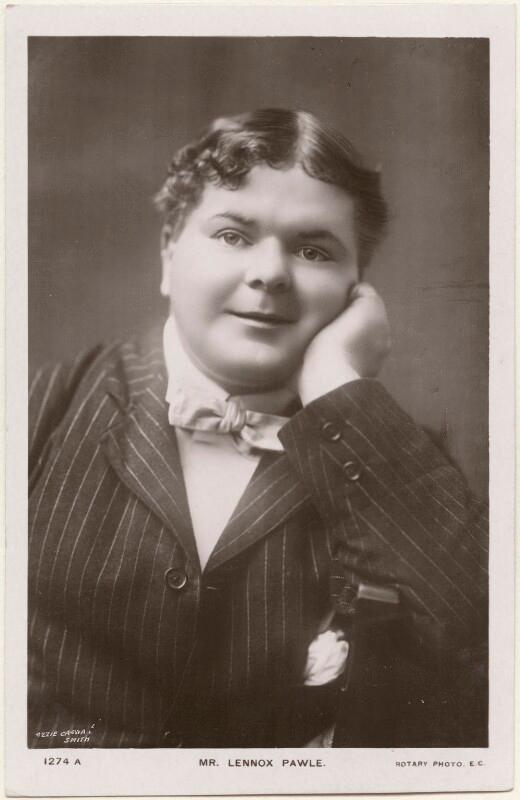
In the early 1890s, the centre of operations for the Decadent/Bohemian movement in fin de siècle London, whose chief champion was the Irish poet and playwright Oscar Wilde. was The Crown public house in the Charing Cross Road.
After The Crown closed for the night, poet Ernest Dowson would invite interested parties back to his digs in nearby Fitzroy Street.
These night drinkers called themselves ‘The Bingers’, and included the comic actor Lennox Pawle. When news came through of Dowson’s untimely death in February 1900, one of those grieving at the loss of a good friend was Pawle.
The following extract (below right) of Ernest Dowson’s funeral in Ladywell cemetery is drawn from Mark Longaker’s 1945 biography.
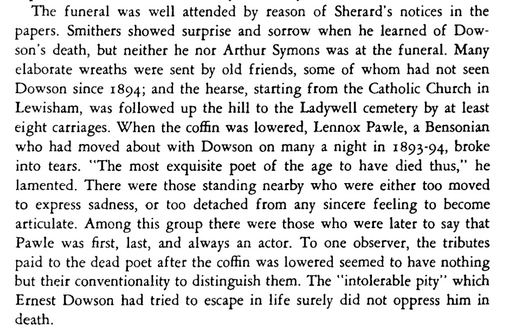
John Lennox Pawle was born at Marylebone in 1871, the son of John Christopher Pawle, a London solicitor, and his wife, Maria.
He began his acting career at Sarah Thorne’s Dramatic School around 1890. His stage debut came later that decade in Ticklish Times. Pawle gained experience in London, where before the turn of the century he was already known as a comic actor.
Lennox Pawle’s part in David Copperfield is small. Most people remember the film for the towering performance of American actor and comic W.C. Fields and child actor Freddie Bartholomew. The film is studded with a cast that seem to have jumped from Dickens’ pages to come to life for MGM.
But no character had such an infectious laugh than Lennox Pawle, whose brief depiction of the simple, Mr. Dick, described in the film by Oliver’s Aunt Betsey as, “the most friendly creature in existence.”
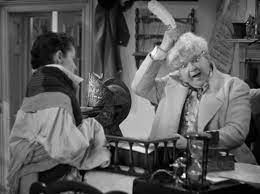
Sadly , Lennox Pawle died of a cerebral haemorrhage (February 22, 1936 in Los Angeles, California).
One of the most visited grave sites in Ladywell cemetery is that of the gifted 19 century decadent English poet, novelist, and short-story writer, Ernest Dowson who died at the young age of 32 in 1900.
Indeed his louche and tragic life story has regaled many a visitor on guided cemetery walks and was the focus of the first international symposium on the poet’s life and works held at Goldsmiths College in 2016.
The headstone of Ernest Dowson is located in Ladywell cemetery (restored in 2010)
The verse on the plaque on the stone is :
THEY are not long, the weeping and the laughter,
Love and desire and hate:
I think they have no portion in us after
We pass the gate.
They are not long, the days of wine and roses:
Out of a misty dream
Our path emerges for awhile, then closes
Within a dream.
From the Ernest Dowson’s 1896 poem: Vitae summa brevis spem nos vetat incohare longam ( The brief sum of life forbids us the hope of enduring long )
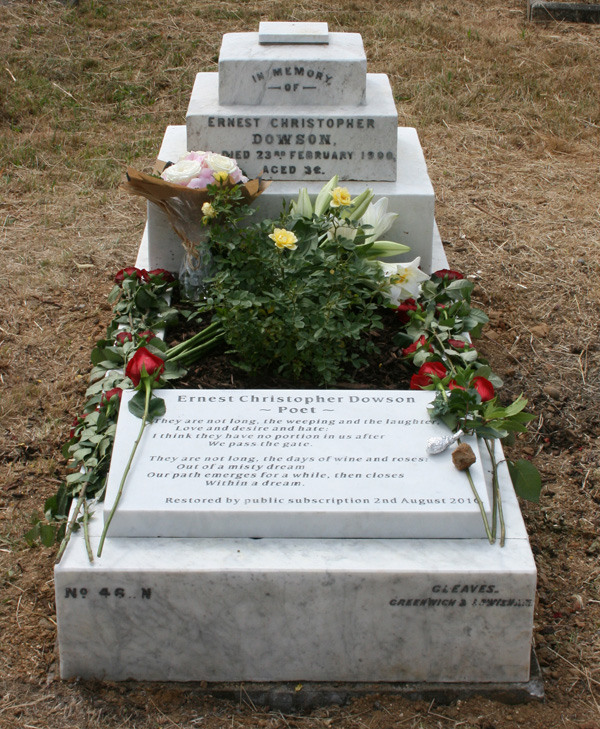
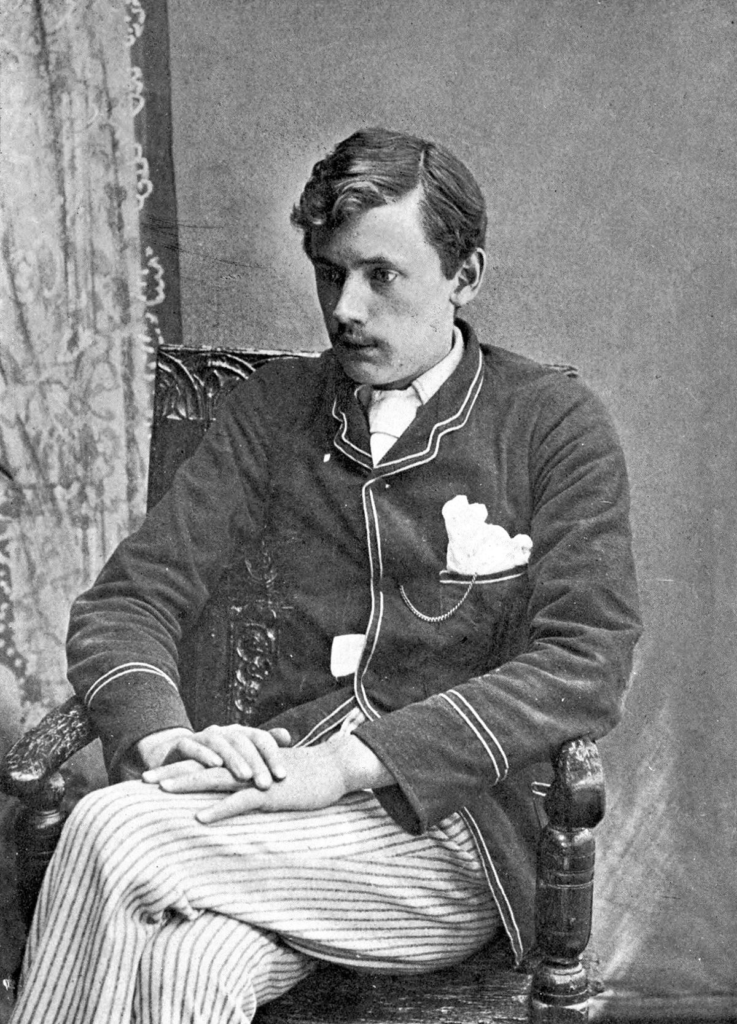
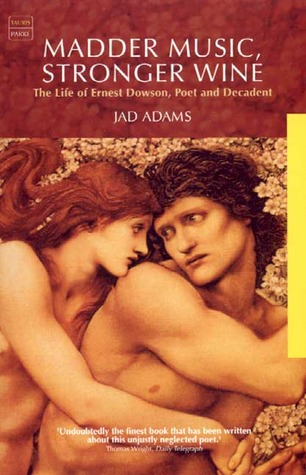
Oscar Wilde wrote of the death of his friend and fellow artist Ernest Dowson in 1900: “Poor wounded wonderful fellow that he was, a tragic reproduction of all tragic poetry, like a symbol, or a scene. I hope bay leaves will be laid on his tomb, and rue and myrtle too, for he knew what love is.”
For readers interested in finding out more on the eventful life of Ernest Dowson, Jad Adams engrossing 2002 biography, Madder Music, Stronger Wine: the Life of Ernest Dowson is highly recommended.
